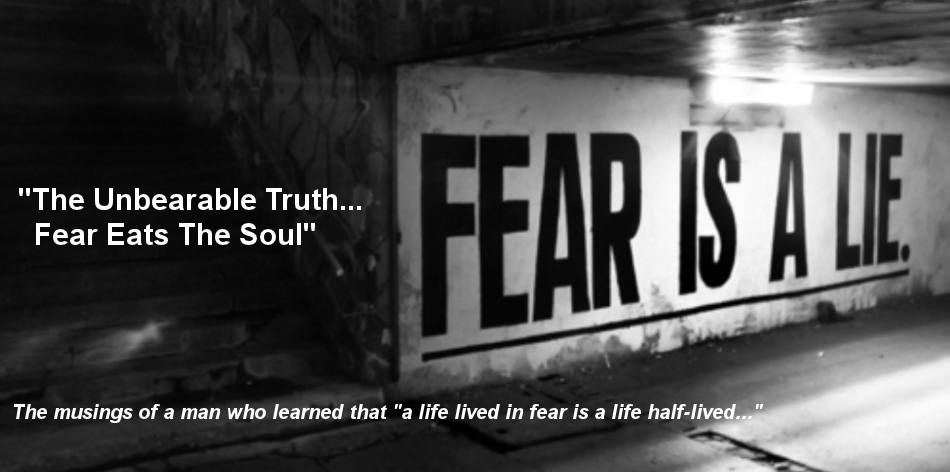 |
| Ahmed Danny Ramadan |
The Burden Of Being Gay And Arab In A World That Doesn’t Like Difference
Haunted by Syrian high-school lessons
October 29, 2013
When I was 14, I had a school teacher named Emotions. Literally, the woman’s name was Oautif, which translates from Arabic to emotions. We secretly used to call her Oaussif, which is pronounced almost the same in Arabic but instead means storms.
This woman, with her short temper, plastic-like hair and bright-green mustache that she seemed uninterested in shaving, used to teach us a course called Nationalism.
That course is part of the Syrian curriculum and is a requirement in all school years starting at age six up until you graduate from high school. The main philosophy behind it is simple: teach kids the political history of Syria, in which the Baath regime is an angelic movement that solved all the horrible problems Syria suffered before it came along. The Assad family, both the father and the son, who have been ruling the country for the past 40 years, are godly creatures who do no evil. The Holocaust never actually took place, but rather is a Zionist invention.
Of course, during her classes (and depending on the day), I was thinking either of how Allah would punish me for my newfound homosexuality or how to get my schoolmate to come by my house that night for a makeout session.
Oautif used to tell us, while scratching her mustache, that we were being prepared to be the next generation of resistance, which would free Occupied Palestine, unite the Arab world in one big country, and extend the concepts of freedom and socialism, learned from our immortal president, to all parts of the universe.
She seriously believed that we all should be built up as copies of the same person: we should all believe in the same values and have the same understandings of life. To Oautif, that’s how the world worked.
I was encouraged to believe that everyone should be the same, but I kept asking myself, Why am I different? The lesson that I learned was simple: if you’re different, then you’re bad. You’re a broken sector in the circle of life, an unwanted sperm that mistakenly took the lead in your mother’s womb. You shouldn’t try to be different because that’s a horrible decision, one you’ll regret, one that will ruin you and your society.
For the next 10 years, I spent most of my free time trying to understand why different is wrong. I finally managed to accept that difference is variety and creativity; I learned that different means beautiful and unique.
Through that line of thought I managed to accept my homosexuality, my love for tattoos and piercings (a taboo in most of the Arab world), my sarcastic views of all religions in general and my lack of interest in a “family-oriented” lifestyle.
I believe wholeheartedly that most gay Arabs are not as lucky as I am. They have given up their beauty for the sake of acceptance and belonging. They are trampled under the pressure of their families, who are so stingy with acceptance, and the heavy hand of religious leaders who want to turn them into a herd for easy shepherding. They loathe themselves as society has taught them to hate difference and seek the familiar.
Such self-loathing is not unfamiliar in gay circles. The situation is changing rapidly now, but until recently, many gay people around the world shared at least some of these burdens of not belonging.
The situation for many gay people in the Arab world remains bleak. As many gay Arabs, and especially Syrians, try to balance their secret lives as homosexuals with their public lives, some have become bitter and angry. They lash out at each other, they abuse alcohol, they struggle with their internalized homophobia.
They walk the streets of Damascus, Beirut, Cairo, Amman and Baghdad, haunted by the ghost of Oautif.
In this series of articles, I will tell you their stories.
*****
"Fear Eats the Soul"


No comments:
Post a Comment
Comments may be moderated and will appear within 12 hours if approved.